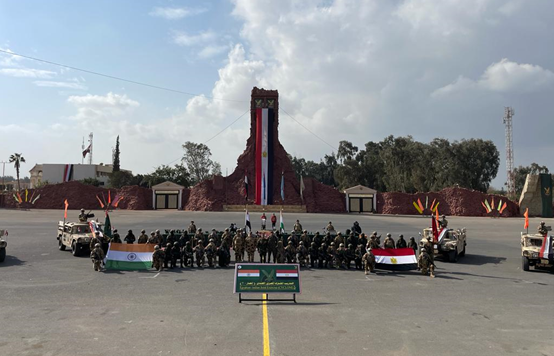
Exercise Cyclone 2025, a joint military drill between India and Egypt, has officially begun at the Mahajan Field Firing Range in Rajasthan. This 14-day-long exercise is aimed at enhancing defense cooperation, counter-terrorism tactics, and operational preparedness between the special forces of both nations. The drill will focus on combat free-fall, reconnaissance missions, specialized military operations, and surveillance techniques to improve joint combat efficiency. India’s Parachute Regiment (Special Forces) and Egypt’s Commando Squadron & Airborne Platoon are actively participating in the training exercises. This collaboration marks a significant step toward strengthening India-Egypt defense relations while addressing regional security threats through joint military operations and knowledge-sharing initiatives.
The joint military exercise Cyclone 2025 started its operation today at the Mahajan Field Firing Range in Rajasthan with India and Egypt collaborating. The exercise operates over 14 days to enhance defense cooperation between both countries and boost their special force operational capabilities.
Key Objectives and Focus Areas
-
Cyclone 2025 functions primarily to build solid defense collaboration between India and Egypt through the enhancement of operational preparedness in their special forces.
Focus Areas
-
Counter-terrorism operations
-
Reconnaissance missions
-
Raids and other specialized military operations
-
The operations include combat free fall and sniping alongside surveillance and target designation.
The Cyclone 2025 exercise will develop the joint combat capabilities between forces by taking place in Rajasthan which presents troops with challenging desert terrain.
Key Participants
-
The Parachute Regiment (Special Forces) unit of the Indian Army leads the Indian Army contingent which demonstrates excellence in rapid movement together with airborne deployment operations and specialized military functions.
-
The Egyptian forces participate with their Commando Squadron together with their Airborne Platoon whose members excel in desert warfare and counter-terrorism operations.
Exercise Structure
-
The Indian and Egyptian forces will work to improve operational linkage between their military units.
-
The exercise includes sharing challenging knowledge acquisition techniques under desert environment conditions.
-
The tactical abilities of the forces require improvement concerning reconnaissance together with combat operations and emergency response.
Significance of Cyclone 2025
-
The Cyclone series achieved its third edition during this exercise because India and Egypt deepened their military interactions.
-
The joint activity demonstrates countries India and Egypt collaborate to boost their defense operations while fighting current security risks.
Strategic Importance
-
The Indo-Pacific power India collaborates with the strategically placed Middle Eastern and African nation Egypt to tackle their security threats which include terrorism alongside insurgency and regional instability. These defense exercises help minimize common security threats through cooperation between the nations.
-
Through this exercise, two countries demonstrate their commitment to growing military exchanges with other nations who seek strengthened regional security.
-
The Cyclone 2025 exercise serves as an important component of a wider Indian Egyptian plan to develop strategic diplomatic relations and joint defense operations. The exercise represents an essential process for establishing alliance capabilities which make the defense front able to manage present security hazards effectively.
Benefits and Long-term Goals
-
The joint exercise will boost the combined operational strategies between special forces through increased coordination between India and Egypt.
-
The forces can enhance their specialized abilities for difficult terrain operations through mutual knowledge sharing of new techniques along with tactics and technologies.
-
Cyclone 2025 represents a vital turning point in India-Egypt defense partnerships which produces higher security preparedness for local and international security challenges.
Conclusion
The Cyclone 2025 exercise acts as a vital element to develop robust India-Egypt defense ties which combines forces through improved military cooperation mechanisms against present-day security threats. The unified exercises enable both countries to enhance their terrorist threat response abilities as they build stronger military alliances to stabilize the region.



 Indo-French Army Exercise ‘Shakti 2025’ Concludes in France
Indo-French Army Exercise ‘Shakti 2025’ Concludes in France INS Tamal to Be Commissioned on July 1: Last Warship Built Outside India
INS Tamal to Be Commissioned on July 1: Last Warship Built Outside India Indian Navy Set to Commission Up to 10 Domestically Built Warships by December 2025
Indian Navy Set to Commission Up to 10 Domestically Built Warships by December 2025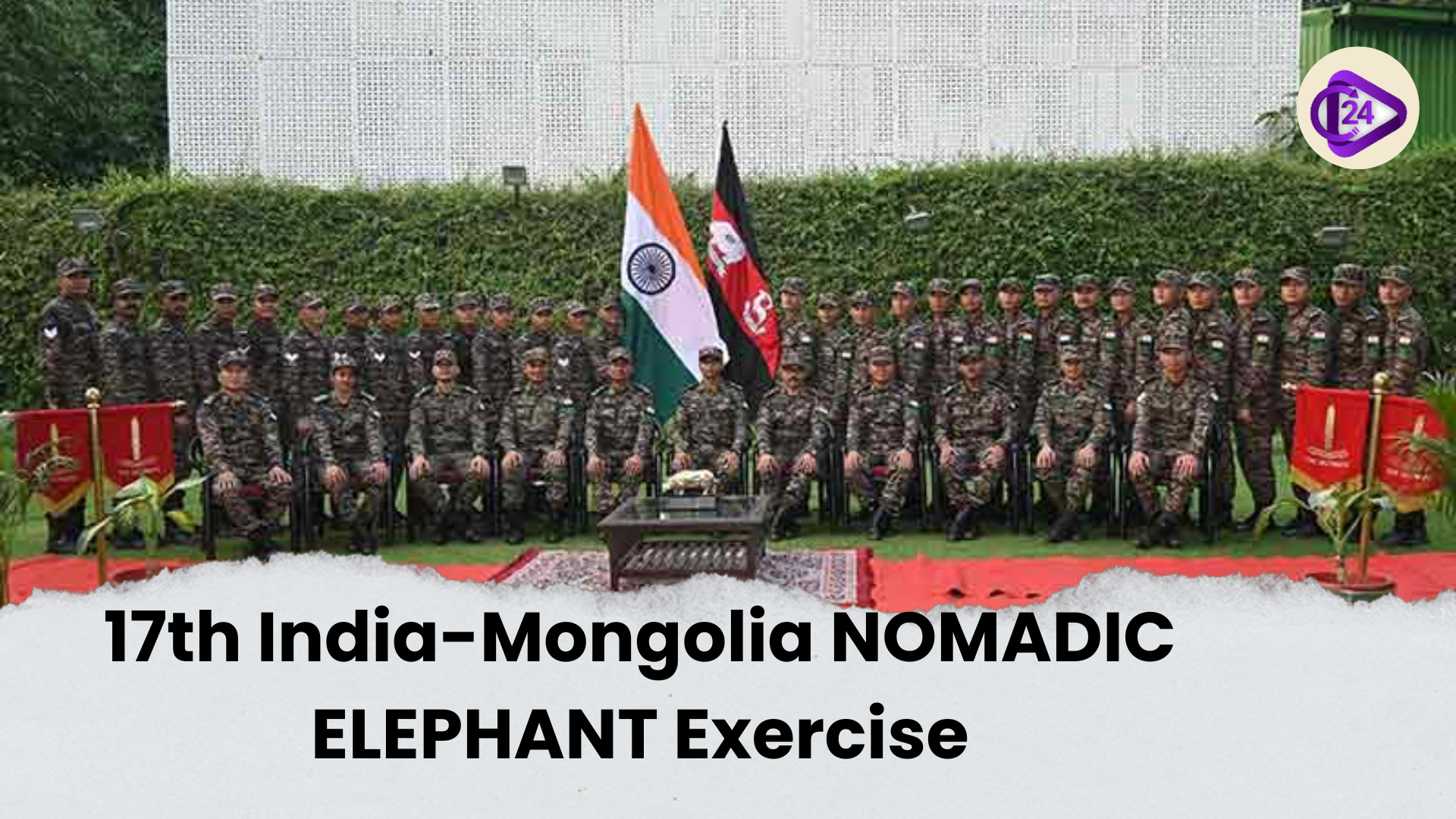 17th India-Mongolia Joint Military Exercise NOMADIC ELEPHANT
17th India-Mongolia Joint Military Exercise NOMADIC ELEPHANT BrahMos Manufacturing Unit in Lucknow to be inaugurated on 11th May
BrahMos Manufacturing Unit in Lucknow to be inaugurated on 11th May INS Arnala: Strengthening India’s Coastal Defence Capabilities
INS Arnala: Strengthening India’s Coastal Defence Capabilities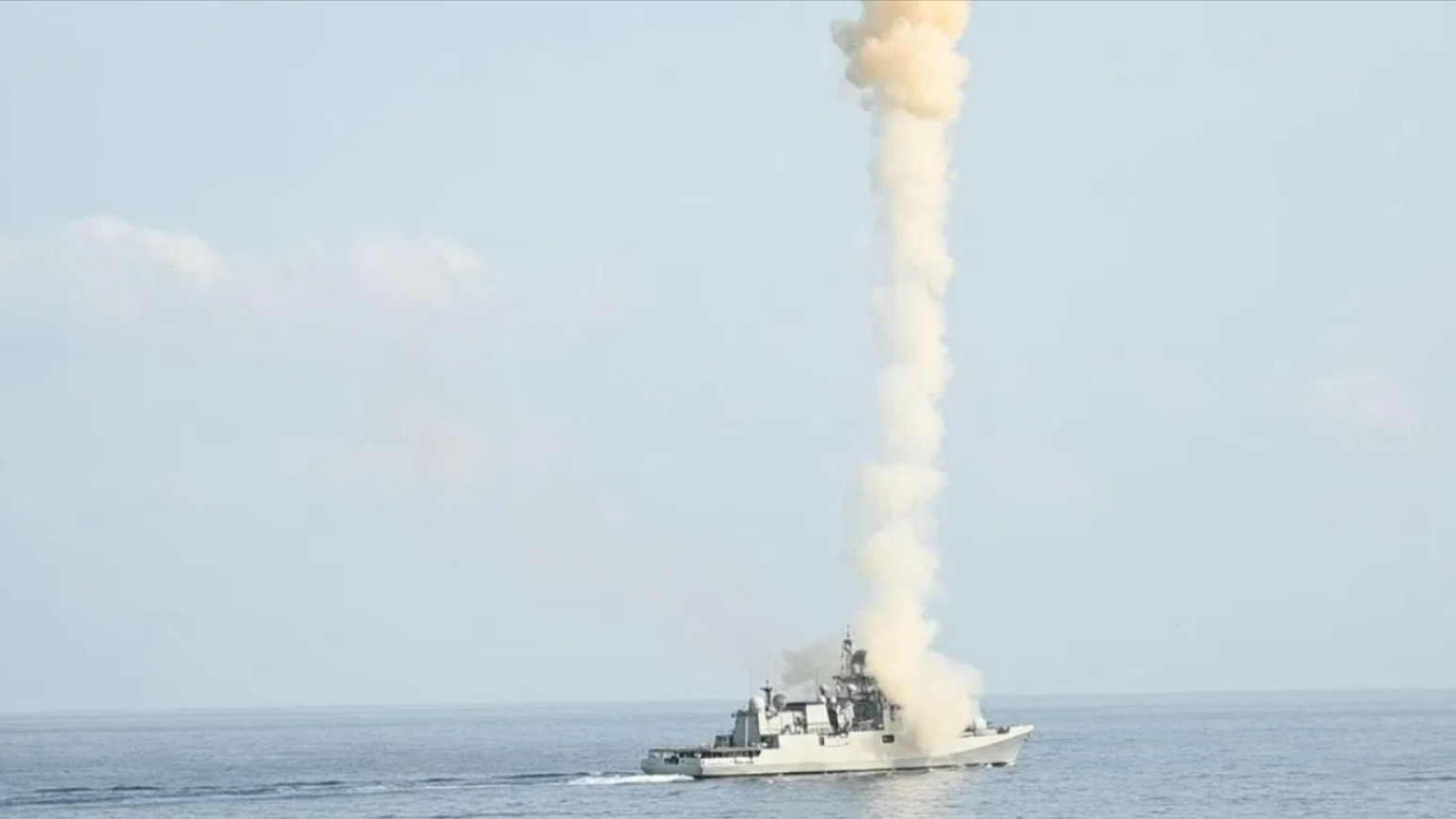 Indian Navy Conducts Key Drills in Arabian Sea Amid Rising Tensions with Pakistan
Indian Navy Conducts Key Drills in Arabian Sea Amid Rising Tensions with Pakistan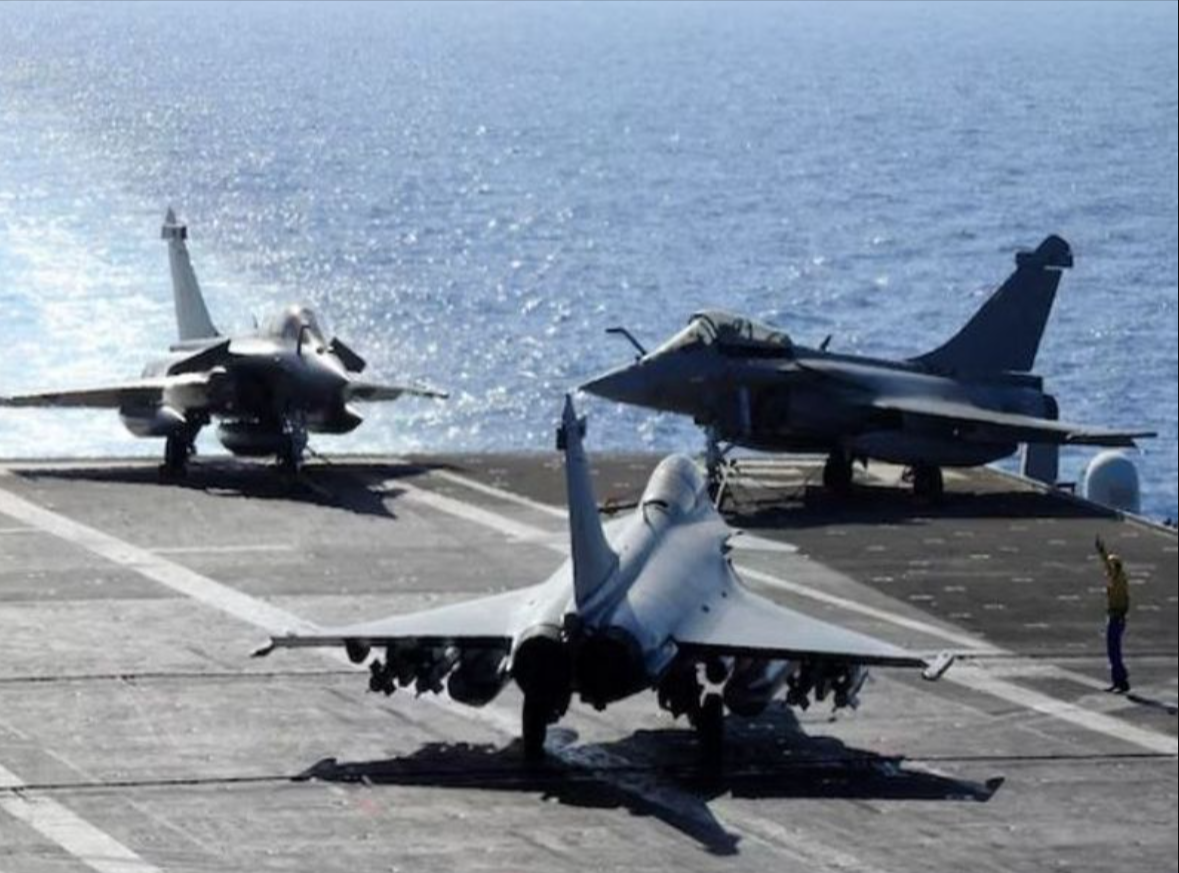 India and France Sign Inter-Governmental Agreement for Procurement of 26 Rafale-M Fighter Jets
India and France Sign Inter-Governmental Agreement for Procurement of 26 Rafale-M Fighter Jets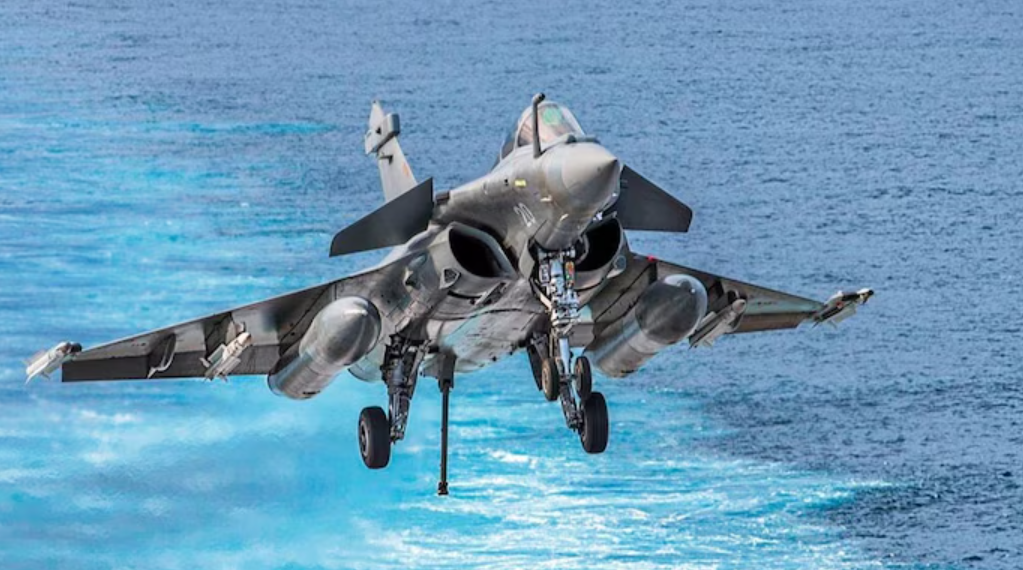 Air Force’s ‘Exercise Aakraman’ Featuring Rafale Jets
Air Force’s ‘Exercise Aakraman’ Featuring Rafale Jets Kalam & Kavach 2.0: Defence Literature Festival Highlights India’s Push for Technological and Strate
Kalam & Kavach 2.0: Defence Literature Festival Highlights India’s Push for Technological and Strate






